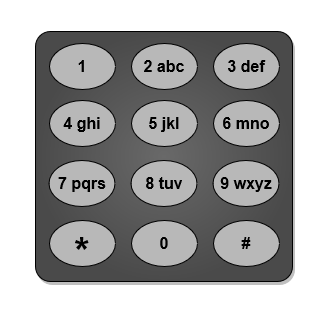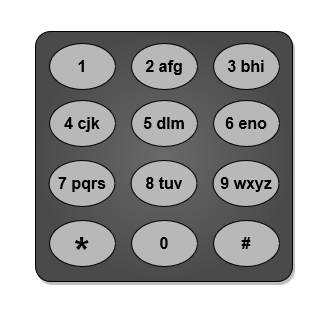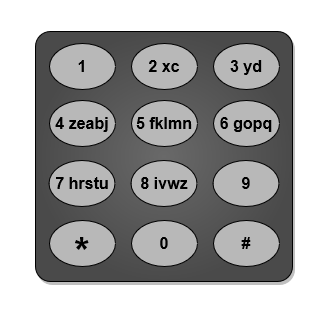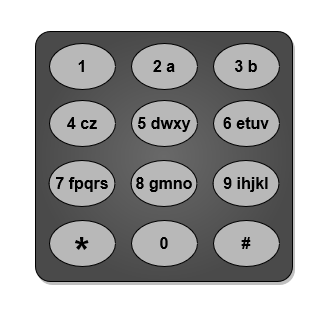Problem: Implement a SnapshotArray that supports the following interface:
- SnapshotArray(int length) initializes an array-like data structure with the given length. Initially, each element equals 0.
- void set(index, val) sets the element at the given index to be equal to val.
- int snap() takes a snapshot of the array and returns the snap_id: the total number of times we called snap() minus 1.
- int get(index, snap_id) returns the value at the given index, at the time we took the snapshot with the given snap_id
Example:
Input: ["SnapshotArray","set","snap","set","get"] [[3],[0,5],[],[0,6],[0,0]] Output: [null,null,0,null,5] Explanation: SnapshotArray snapshotArr = new SnapshotArray(3); // set the length to be 3 snapshotArr.set(0,5); // Set array[0] = 5 snapshotArr.snap(); // Take a snapshot, return snap_id = 0 snapshotArr.set(0,6); snapshotArr.get(0,0); // Get the value of array[0] with snap_id = 0, return 5
Constraints:
- 1 <= length <= 5 * 10^4
- 0 <= index < length
- 0 <= val <= 10^9
- 0 <= snap_id < (the total number of times we call snap())
- At most 5 * 10^4 calls will be made to set, snap, and get.
Approach: First thing in the problem we can notice that we can't save full array, every time we take the snapshot as the length of the array could be 5 * 10 ^ 4 and snap can be called 5 * 10 ^ 4 times.
What we can do is we only store the updates which happened in the current snapshot. In this way for every index we will have a list of snapshot id and the value updates so now when we try to get the value given the snapshot we can do following:
- If no modification i.e. list of updates at the input index will be null or if no snapshot is taken i.e. current snapshot id is still 0 then we can simply return 0.
- Else we find the upper bound of snap_id using binary search and return the stored value.
That's all!
Implementation in C#:
Complexity: SnapshotArray: O(1), Set: O(1), Snap: O(1), Get: O(logn)



